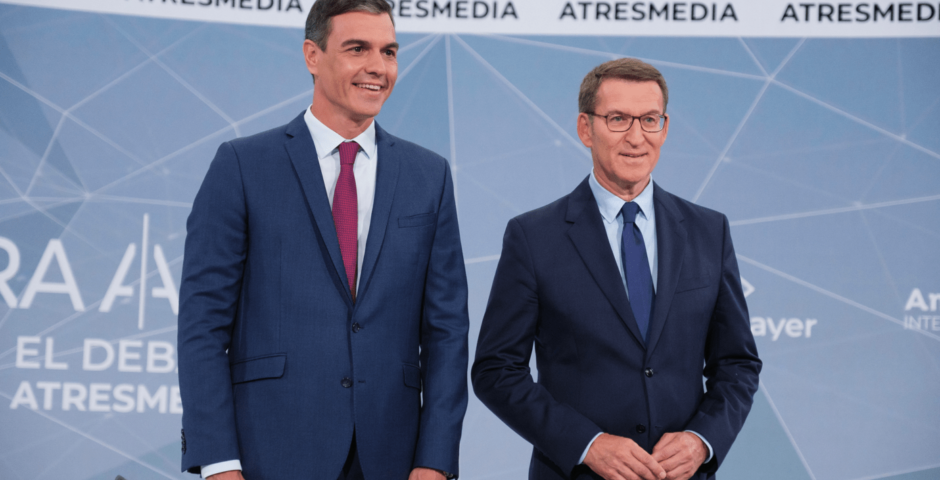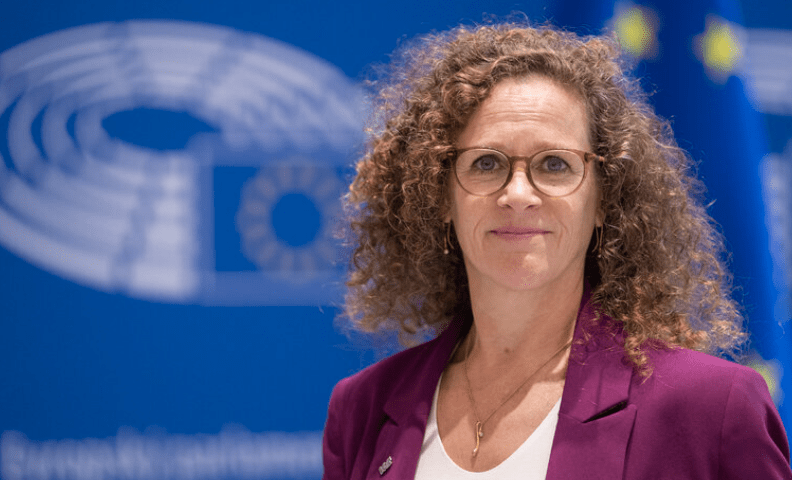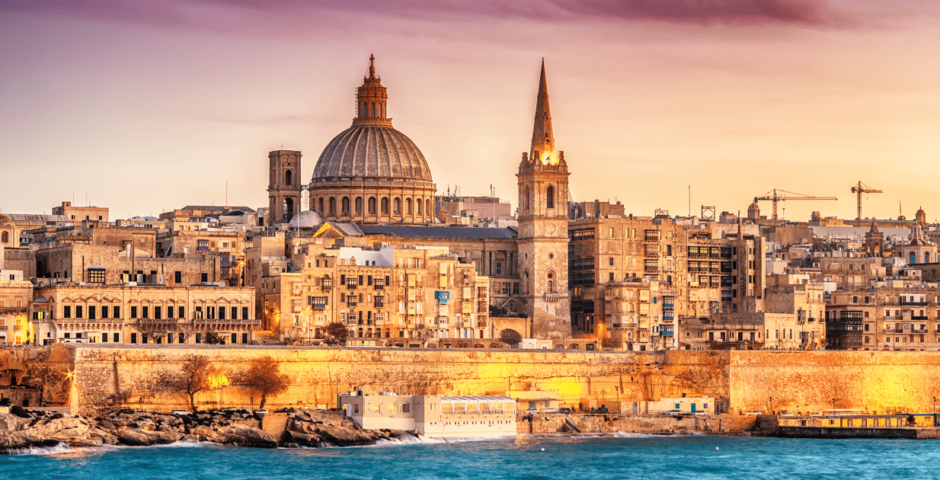The Spanish political month of July

Spanish Presidency of the Council of the European Union and national parliamentary elections.
1 July marked the beginning of the fifth Spanish presidency of the Council of the European Union (‘the Council’). The Council has a rotating presidency, meaning that every six months, another Member State chairs the meetings. From 1 July 2023 until 31 December 2023, Spain holds the presidency of the Council.
The Member State holding the presidency of the Council organises and leads the meetings of the Council. The presidency prepares the meetings and tries to find compromises that represent the interests of all Member States. Also, they represent the Council in other EU institutions. Lastly, the Presidency of the Council can also co-represent the EU at the international level. This task is usually together with among others, the High Representative (coordinates and represents the EU’s Common Foreign and Security Policy), the President of the European Council, and the President of the European Commission. The presidencies are divided into ‘trios’ in which three Member States work together. Currently, the presidency trio consists of Spain, Belgium, and Hungary. Belgium (first six months) and Hungary (second six months) will take on the presidency in 2024.
Spanish Presidency of the Council of the European Union
Spain’s four priorities during their presidency of the Council are: (1) reindustrialise the EU and ensure its open strategic autonomy, (2) advance in the green transition and the environmental adaptation, (3) promote greater social and economic justice, and (4) strengthen European unity.
Spain started its presidency in Kyiv. Spanish Prime Minister Pedro Sánchez gave a speech in the Ukrainian Parliament on 1 July. Sánchez promised Ukraine the EU’s support for “as long as it takes” and “regardless of the price to be paid”. This visit to Ukraine at the beginning of the Spanish presidency of course has symbolic value, which reaffirms the EU’s support for Ukraine. Sánchez and Ukrainian President Volodymyr Zelenskyy issued a joint statement in which, among other things, they highlight Ukraine’s EU candidacy as a priority of Spain’s Presidency.
Besides the emphasis on Ukraine, the Spanish Presidency is also trying to find and strengthen relations with new allies. Emphasis in this regard is on the Latin American and Caribbean regions. Among other things, a new EU-CELAC (Community of Latin American and Caribbean States) summit is organised on 17 and 18 July – for the first time in eight years. Moreover, the Migration and Asylum Pact will be a challenge during the Spanish Presidency. The previous (Swedish) Presidency has already done much work in this regard, but the pact needs to be finalised under the Spanish Presidency.
On 13 July, Spanish Prime Minister Sánchez was supposed to give a speech at the European Parliament in which he would explain Spain’s priorities to the Parliament. However, Sánchez has asked for this speech to be postponed. The reason for this is the national political situation in Spain. Spain not only plays an important role at the EU level, but the country also has national general elections this month on 23 July.
Spanish national elections
Sánchez’s socialist party PSOE (Partido Socialista Obrero Español) suffered heavy losses in the regional and municipal elections. Therefore, Sánchez called snap elections. The elections were supposed to be at the end of the year, but Sánchez decided to move up the elections. So, these elections take place in the same month that Spain takes over the presidency of the Council. Since Sánchez can also lose the elections, it would not be logical for him to explain Spain’s plans to the European Parliament before the national elections. Manfred Weber, the President of the EPP (European People’s Party), asked the President of the European Parliament, Roberta Metsola, to delay this speech. This would allow the ‘new prime minister’ to present Spain’s priorities at a later moment. So, the EPP expects that Pedro Sánchez will not be the Spanish prime minister anymore after the elections. They expect the Partido Popular (PP; People’s Party, also in the EPP group) to win the Spanish elections and PP’s Alberto Núñez Feijóo to become Spain’s next prime minister.
Yet, according to the polls, both PSOE and PP will need coalition partners. The PP is likely to work together with the far-right party Vox. In several regional governments in Spain, the PP already governs with Vox. In a debate on 10 July, Sánchez criticised Núñez Feijóo for working together with Vox, while Núñez Feijóo criticised Sánchez for being in a coalition with left-wing populist party Podemos and needing support from separatist parties.
Difficulties for the elections
In addition to the political substantive tensions before the elections, Spain faces some practical problems that complicate the elections: the elections are in the middle of the summer holidays. It is expected that at least 10 out of 37 million Spanish citizens are on vacation. It is unclear what people will do, if they will vote in the first place or whether they, for example, vote by mail. This makes it harder to predict the elections. Moreover, temperatures in summer in Spain are usually high, but Spain is currently in the middle of a heatwave, which seems to continue during elections. Last year, on 23 July, temperatures were around 40 degrees. Waiting in line to vote is never pleasant, but these high temperatures can be discouraging. So, if these high temperatures repeat this year, the weather may be a reason why Spanish citizens abstain from voting.
In addition, a more organisational problem also arose by having elections in the middle of summer. In Spain, the law dictates that the polling stations are overseen by three registered voters. These voters are selected based on a lottery system. However, if these people can prove that they booked their holidays before 29 May (when the elections were announced), they are excused from this task. Therefore, it is difficult to have enough people who oversee the elections, which, of course, is essential for fair and democratic elections.
The Spanish Presidency of the Council after the national elections
Regardless of who wins the elections in July, the Spanish Presidency of the Council is important. The previous Council presidency (Sweden) did not complete all dossiers. The next presidency, Hungary, is criticised a lot, and politicians have been questioning whether anything can be done to prevent this presidency. Because Hungary does not adhere to the democratic principles of the EU and the rule of law in Hungary is under pressure, politicians believe that Hungary should not be given the presidency of the Council and the responsibility that comes with it. Therefore, members of the European Parliament have been trying to think of strategies to weaken or prevent Hungary’s Presidency. Also, several Member States, including Germany, explicitly questioned the ability of Hungary to lead the Council. Regardless of whether this presidency can be ‘prevented’, the expectations of this presidency are low. Spain, therefore, has a lot of work to do.
Due to Núñez Feijóo’s limited English proficiency and limited experience in international politics, some worry that Núñez Feijóo will be less devoted to the EU. However, Núñez Feijóo has reassured that he also takes the Spanish Presidency seriously. When it comes to the Spanish ambitions regarding the presidency of the Council, both Sánchez and Núñez Feijóo claim to be convinced Europeans.
Núñez Feijóo has already put together a team of people who can directly take over from Sánchez and his team. In addition, he supports the four priorities that Sánchez has put forward. However, it remains to be seen how many Spaniards will vote and, if Spain gets a new prime minister, how this change will translate into the Spanish Presidency of the Council. Whether Sánchez or Núñez Feijóo wins, Spain will do everything to make its Presidency of the Council of the European Union a success. Still, Spain, as it stands, is in for a hot summer.
Hanna Krijgsman van Spangenberg holds a master’s degree in Political Science from Vrije Universiteit Amsterdam and a bachelor’s degree in European Studies from the University of Amsterdam with a major in European history.
Image: Shutterstock




